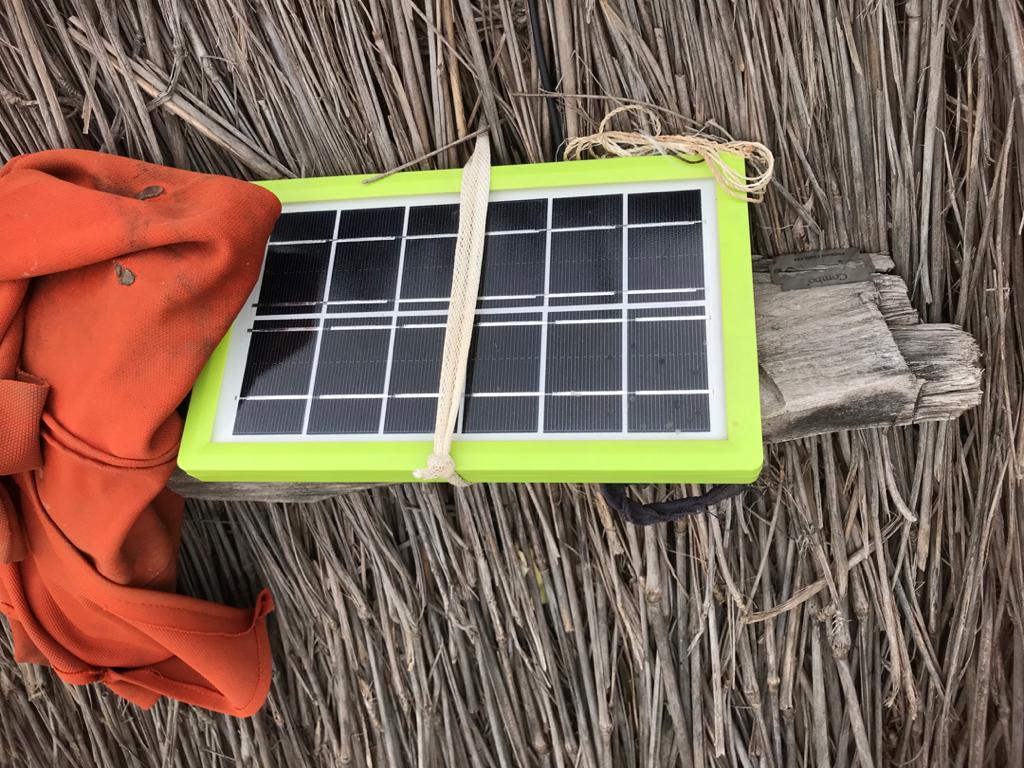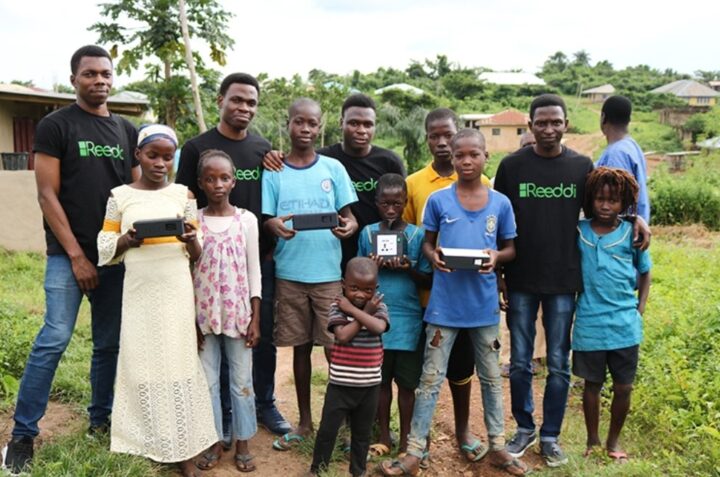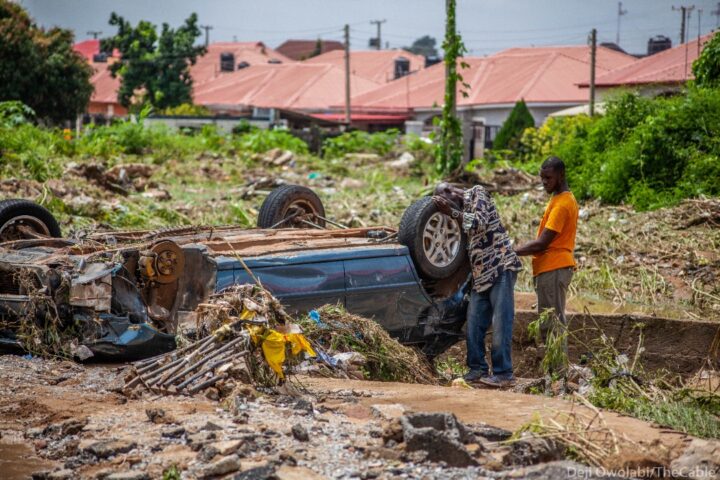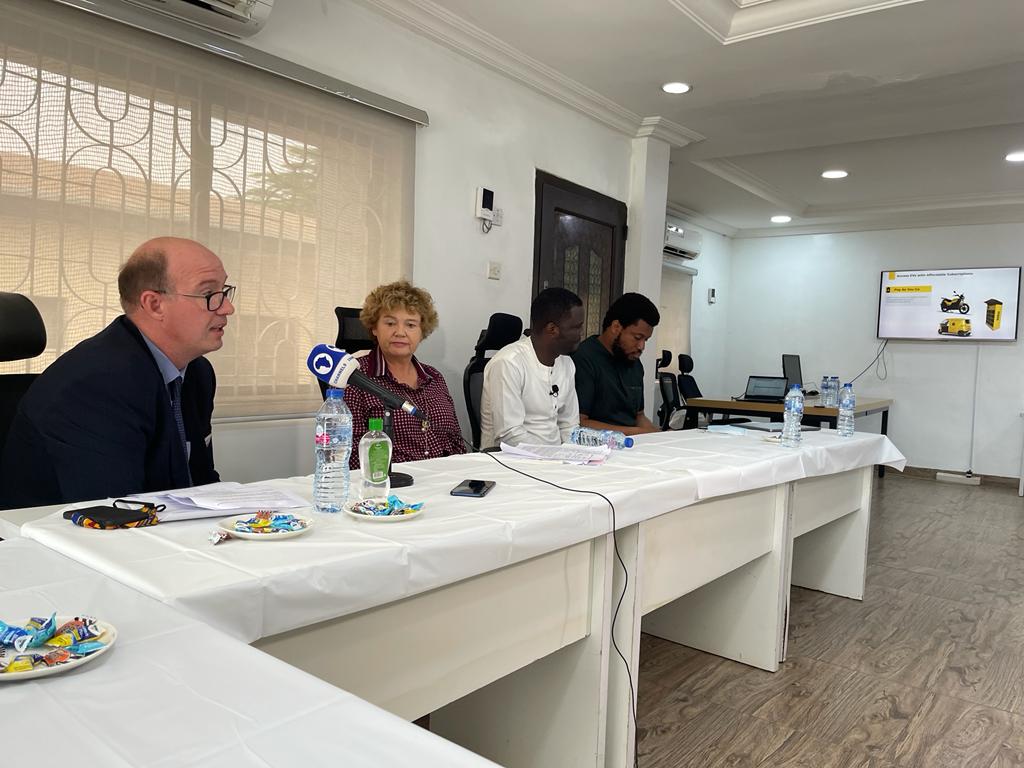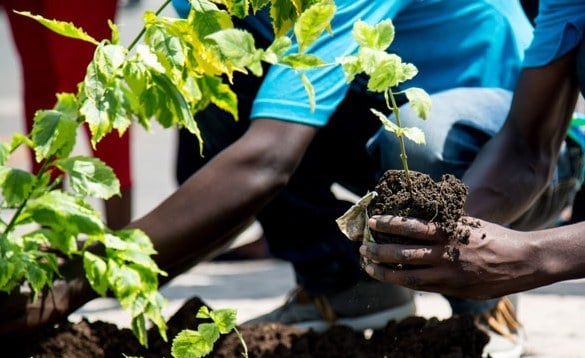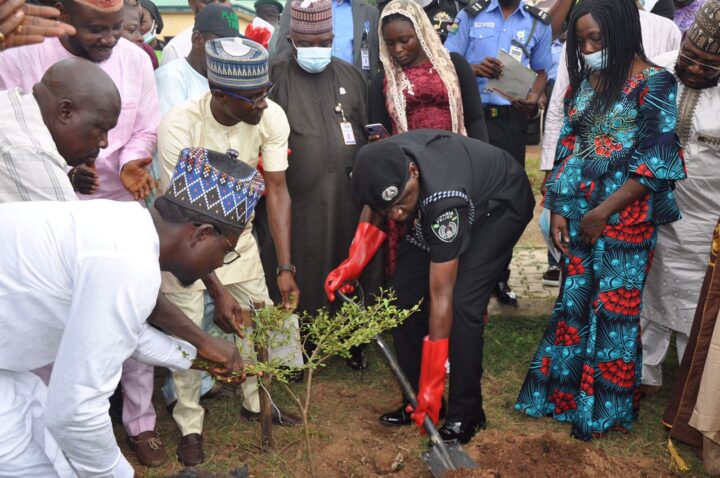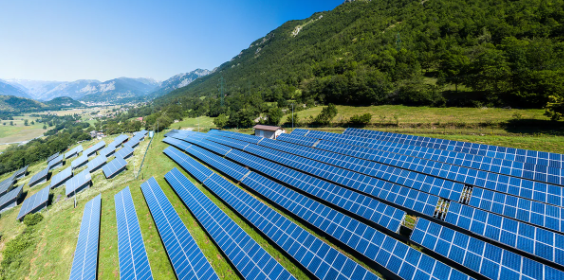Despite directly impacting our communities, health, and livelihood, climate-related reports usually take a back seat to dominant news beats like politics and business. Climate Watch aims to ensure you never miss important stories on climate change and actions being taken towards limiting its impact.
Here is a round-up of last week’s climate stories:
- As the world prepares for the United Nations conference on climate change scheduled for November in Scotland, religious leaders have joined their voices in calling for climate justice. Pope Francis, Justin Welby, Archbishop of Canterbury, and Bartholomew I, ecumenical patriarch of the Eastern Orthodox church, have asked people of all faiths to take action to address the impact of climate change. The religious leaders said decisive action needs to be taken to tackle climate change. They made a case for poor countries who contribute least to the greenhouse gas pollution, but bear “the most catastrophic consequences”. More on this story here.
- The drive towards ending fossil fuel and full adoption of renewable energy has gained momentum the world over. Nigeria seems not to be left behind as stakeholders have begun showing solidarity with the global movement to mitigate climate change. This might explain why Sarki Auwalu, director of the Department of Petroleum Resources (DPR), said Nigeria’s oil and gas industry is on the path of transitioning to renewable energy. He said energy security and transition to cleaner forms of energy remain priorities for the President Muhammadu Buhari-led administration. Read further here.
Advertisement
- Thousands of communities in Nigeria and well over 80 million Nigerians are either cut off from the grid or do not have access to electricity. Despite having the potential to generate 12,522 megawatts (MW) of electric power from existing plants, only about 4,000MW is dispatched and this is insufficient for a country of over 195 million people. Experts believe fossil fuel-powered electricity has proven insufficient in powering the country and so, alternative means need to be adopted. They also believe that the adoption of renewable energy is needed if the country and the world at large will combat climate change. Read more on this here.
- Continuous rainfall in Ogun in the past two weeks has caused flooding in Denro, Ifo LGA of the state, forcing residents to resort to using canoes. The rainfall, which affected ongoing construction works on the Akute-Denro-Ishasi road, also flooded the bridge at the Denro axis such that residents had to pay N100 to cross on canoe. The road construction of the Akute-Denro-Ishasi road was approved in September 2020 and work has been ongoing, but since the rains started, the road has become unmotorable. Read more on it here.
- The rate of deforestation in Nigerian forests has become alarming and governments at all levels have been called upon to take decisive action. Data from the Global Forest Watch shows that in 2020 alone, Nigeria lost 97.8kha (thousand hectares) of natural forest. This rate of deforestation drove Rainforest Rescue, an organisation dedicated to rainforest conservation, to petition the federal government to save forests in Cross River which are seriously under threat. The group, in a letter addressed to President Muhammadu Buhari, Mahmood Abubakar, minister of environment, Abubakar Malami, minister of justice, and Ben Ayade, governor of Cross River, requested that immediate action be taken to stop illegal felling of trees in Cross River. The group said deforestation limits the country’s efforts towards meeting its climate change commitments.
Advertisement
Add a comment
